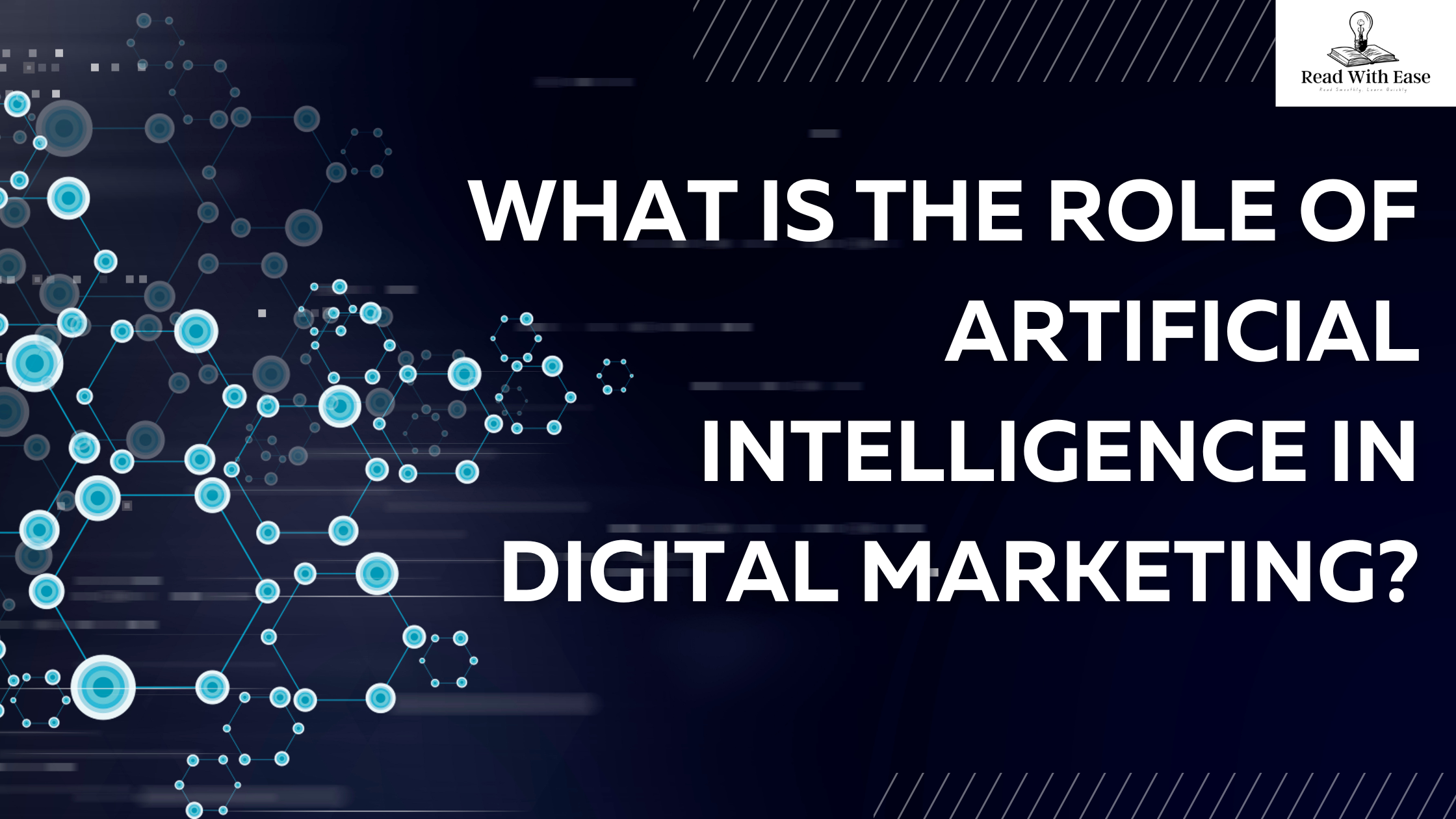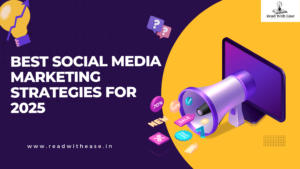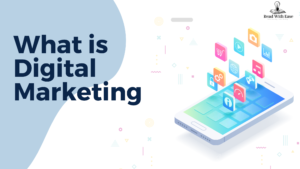Welcome to Read With Ease, where we simplify complex concepts to help you stay informed. In today’s blog, we’ll explore how Artificial Intelligence (AI) is reshaping the digital marketing landscape and why it’s essential for modern businesses.
Introduction
The adoption of AI in digital marketing is not just a trend—it’s a transformation. By leveraging AI, marketers can create personalized experiences, analyze data at scale, and automate tedious tasks. But how exactly does AI fit into the digital marketing puzzle? Let’s uncover its role.
1. Enhancing Customer Personalization
Delivering Tailored Experiences
AI makes it possible to cater to individual customer preferences. Whether it’s personalized emails or customized shopping recommendations, AI ensures every interaction feels unique.
Real-Life Examples
Amazon suggests products based on your shopping history.
Netflix recommends shows tailored to your viewing habits.
By personalizing experiences, businesses build stronger connections with their audience.
2. Data Analysis and Predictive Analytics
Making Sense of Big Data
Digital marketing generates massive amounts of data. AI tools analyze this data to uncover actionable insights, helping marketers understand what works and what doesn’t.
Predicting Customer Needs
Through predictive analytics, AI forecasts customer behaviors, enabling businesses to stay one step ahead. For instance, AI can predict which products a customer might purchase next.
3. Automating Repetitive Tasks
AI in Customer Support
AI-powered chatbots are transforming customer service. They provide instant responses, resolve common queries, and operate round-the-clock, ensuring customer satisfaction.
Email Automation
AI automates email campaigns, sending personalized messages at the right time to boost engagement.
4. Optimizing Ad Campaigns
Real-Time Adjustments
AI helps optimize advertising campaigns by analyzing their performance in real-time and adjusting strategies on the go.
Reaching the Right Audience
AI tools can pinpoint specific audience segments, ensuring ads are shown to people who are most likely to engage.
5. Content Creation and Curation
Creating High-Quality Content
AI tools like ChatGPT generate engaging and relevant content for blogs, social media, and even ad copy.
Curating Content
AI also helps identify and share content that aligns with the interests of your audience, keeping them engaged.
6. Voice Search and Conversational Marketing
Voice Search Optimization
With the rise of voice assistants like Alexa and Google Assistant, optimizing for voice search is a priority. AI plays a crucial role in making content voice-search friendly.
Conversational AI
AI tools enable real-time interactions with customers through conversational marketing, fostering meaningful connections.
7. Improving ROI and Decision-Making
Maximizing Efficiency
AI reduces marketing costs by automating processes and allocating resources effectively.
Data-Driven Insights
Marketers can make informed decisions backed by data, improving campaign performance and ROI.
Challenges of AI in Digital Marketing
While AI is a powerful tool, it’s not without challenges:
Data Privacy Concerns: Handling customer data responsibly is crucial.
Ethical Issues: Maintaining transparency in AI-driven campaigns is essential.
Skill Gap: Implementing AI requires expertise that not all businesses currently possess.
Conclusion
Artificial Intelligence is revolutionizing digital marketing by making it smarter, faster, and more efficient. Businesses that adopt AI stand to gain a competitive edge in today’s market.



